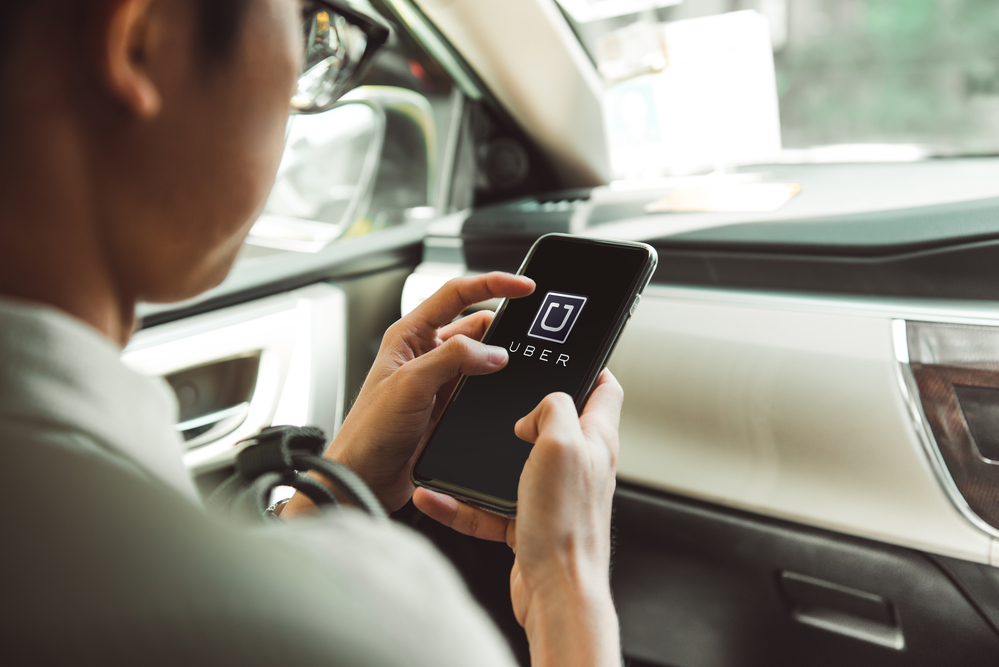
Given the massive shrinkage in the number of jobs available during the first months of the pandemic, most economists don’t think that the $600 bonus kept many people from returning to work.
So writes Christian Britschgi in “San Francisco Judge Rules Drivers With Ride-Sharing Companies Are Employees. Uber Warns It’ll Have To Raise Prices By as Much as 111 Percent,” Reason Hit and Run, August 11, 2020.
When I read Britschgi’s statement, I was shocked. Normally, when the government pays millions of people more to stay unemployed than to return to work, most economists would expect a large percentage of those workers not to return to work.
So what is Britschgi’s basis for concluding that most economists don’t think that’s true? It turns out, as the link in the quote above shows, that the reference is to a study done by 10 scholars at Yale. It’s not clear that all of them are economists, because their titles are not given. But let’s assume they are. When there are well over 10,000 economists in the United States, 10 is not a majority.
I’m not commenting on the study itself. I still haven’t read it. I’m simply criticizing Britschgi’s statement, based on the views of 9 economists, about what most economists believe.

READER COMMENTS
Laron
Aug 12 2020 at 6:23pm
What are your thoughts on the various bits of quick research showing no significant UI impact on employment?
I asked this in one of Pierre Lemieux’s posts and he provided a great answer IMO, but I’m always interested in how different people approach the same topic.
David Henderson
Aug 12 2020 at 7:12pm
I’m highly skeptical, but I haven’t read them. I do plan to do so, but it won’t be for a few weeks.
David Seltzer
Aug 13 2020 at 5:01pm
Britschgi displays what John Allen Paulus called innumeracy. To David’s point, number of economists who think $600 bonus did not keep people from returning to work divided by total number of economists. Most is not clearly defined as .5 < most ≤ 1.
AMT
Aug 17 2020 at 3:05am
Although not cited in that article, would it have sufficed if the writer had cited: http://www.igmchicago.org/surveys/jobs-and-unemployment-insurance/
Although not identical, Question A essentially asks if the $600 dollar bonus kept people from working, and the economists overwhelmingly disagree that insufficient wages were as important as job availability. They must logically be considering the $600 bonus as affecting worker reservation wages, and still concluding low wages relative to unemployment insurance are not a big issue compared to lack of jobs.
Although you state “[w]hen there are well over 10,000 economists in the United States, 10 is not a majority,” you would be willing to allow extrapolation from a sufficient sample, right?
Comments are closed.